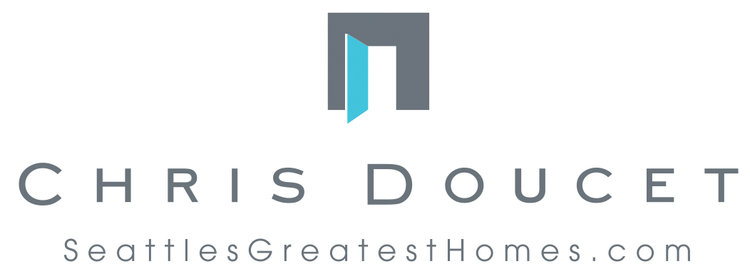SOURCE: Realtor
Conventional wisdom says you need a 20% down payment to buy a house, but let’s face it: That sum can be daunting, particularly for first-time homebuyers who don’t have a pile of cash from a property they have just sold.
The good news is that the average down payment for first-time homebuyers can be as low as 3.5% depending on what type of mortgage you get or grants programs you are eligible to apply for.
Even still, coming up with a decent amount of cash when you’re first starting out can be tough. Thankfully, there are a number of first-time homebuyer programs aimed at helping you get a loan.
Don’t know where to start? No problem. To point you in the right direction, we’ve compiled a list of loan assistance programs you should check out if you qualify as a first-time homebuyer.
Who qualifies as a first-time homebuyer?
A first-time homebuyer is not just someone who’s never purchased a home before. You could qualify as a first-time homebuyer if you or your spouse haven’t owned a home in three years. The term also extends to recently divorced persons who have only owned a home jointly with a spouse.
There are some other limitations to who qualifies. You might not be eligible for one of these first-time homebuyer programs if your income exceeds a certain amount, you want to buy a more expensive property, or you plan to buy an investment or rental property.
Now that we have the fine print out of the way, let’s look into some first-time homebuyer assistance programs that might be perfect for you.
FHA loans
The Federal Housing Administration offers a program that allows first-time buyers to purchase a home with as little as 3.5% down. One caveat—and it can be a serious one—is the mortgage insurance requirement on an FHA loan.
Unlike a conventional loan, where you no longer have to pay mortgage insurance once you reach 20% equity in your home, FHA loans require you to pay mortgage insurance throughout the life of the loan at whatever the rate was when you first closed your loan, unless you refinance. Still, it’s hard to beat the low down payment for those who are short on ready cash.
VA loans
As a veteran or active service member of the United States military, you qualify for 100% financing with a VA loan, which means no down payment and no need to purchase private mortgage insurance. Most reservists, National Guard members, and spouses of military members who died while on active duty may also apply.
To qualify for a VA loan, you’ll need a certificate of eligibility and a good debt-to-income ratio, and you’ll have to meet VA and lender guidelines for credit score. Borrowers are responsible for paying a fee, but in certain situations (such as if you we disabled during your service) the fee can be waived.
USDA loans
Wait, the people who certify your beef can also help with your down payment? Yup! If you qualify for the U.S. Department of Agriculture’s Rural Development Guaranteed Housing Loan Program, you’ll receive 100% financing—no down payment necessary.
The properties must be in areas with a population below 35,000, so they are primarily rural areas, although some suburban areas could qualify.
These loans are available only to families demonstrating need—they are without current safe housing and have an adjusted income at or below the local limit. Keep in mind that the limit can be relatively high in pricey areas like California, where a $232,200 income (for a family of four) can get you a USDA loan in some counties.
National Homebuyers Fund
The National Homebuyers Fund provides down payment assistance in the form of a nonrepayable grant, for up to 5% of the loan amount. You read that right—you don’t have to pay back anything. The NHF offers two down payment assistance programs with different sets of requirements, but both are meant for low- to moderate-income earners.
The NHF Sapphire program is available in multiple states and has generous FICO score requirements (which is a good thing if you have a subpar credit score). Ask your mortgage lender if this program would be applicable to you.
Local programs
Many states and counties have a wide variety of down payment assistance programs for first-time buyers. For example, the Colorado Housing Finance Authority offers a portfolio loan that allows a consumer to pay only 3% down and has no mortgage insurance requirement. While this program is specific to Colorado, many other states have similar products.
While these programs provide only down payment assistance, David Hosterman, branch manager for Castle & Cooke Mortgage, in Denver, recommends checking with your real estate agent for assistance in getting seller concessions to help with closing costs.
“In many cases, consumers can get into a house with no money down,” he says, although he cautions that there are still out-of-pocket expenses associated with buying a property, such as an appraisal and home inspection.
Many of these local programs have specific requirements, such as for the buyer to complete a homebuying class before obtaining the grant.
To find more information about loan programs for which you are eligible, check with your lender to see what might be available in your area.
SOURCE: Realtor
